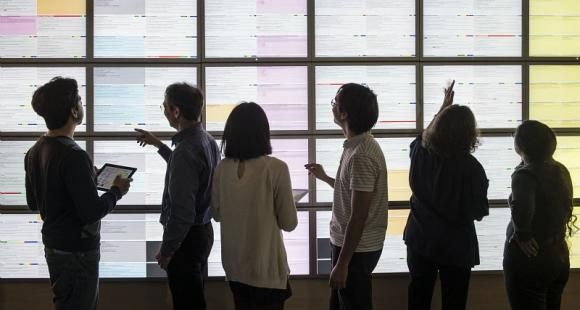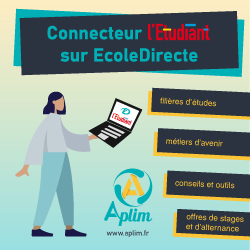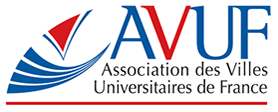
 When did Inria get interested in EdTech?
When did Inria get interested in EdTech?
Education has been part of Inria's strategic plan since 1994. In 1999, we predicted that digital was going to hit education but almost no one listened. We were ready when the first MOOCs arrived at the end of the 2000s.
The ethical issues struck us right away. We urged the French Ministry of Education to develop French offerings so that the market wouldn't be dominated by the big American platforms. There is a real need for alternatives to corporate, commercial offerings.
That led to the creation of FUN, the French digital university platform. Inria modeled FUN after the open-source portal Open edX, which supports platforms such as edX.
What's the goal of Inria's Learning Lab?
In 2016, we decided to expand an existing Inria group that designs and shares MOOCs. The Learning Lab is comprised of our nearly 20 research teams that work on EdTech.
Which technological innovations are you studying outside of MOOCs?
To answer that question would be like selecting one instrument from the orchestra. What is clear is that none of these tools would have been possible without high-speed Internet.
Why focus on adaptive learning?
It's a way to customize learning using digital tools. There are health sector applications as well. Why have one-on-one classes always out-performed group classes? Teachers have more time and they can tailor the material.
Is data the key?
Yes. Therefore, protecting privacy is essential. Adaptive learning generates data on each student's learning process. Ethics must be part of research.
You argue that educational content and tools should be developed together. Why?
The idea is not to digitalize as much content as cheaply as possible. By creating content and tools together, you can factor in considerations like security and privacy.
Digital is transforming the role of teachers.
Lectures are bound to disappear. 21st century teachers will use tools to customize their classes for each student. They will guide their students rather than hand down knowledge. It won't be an easy transition.






